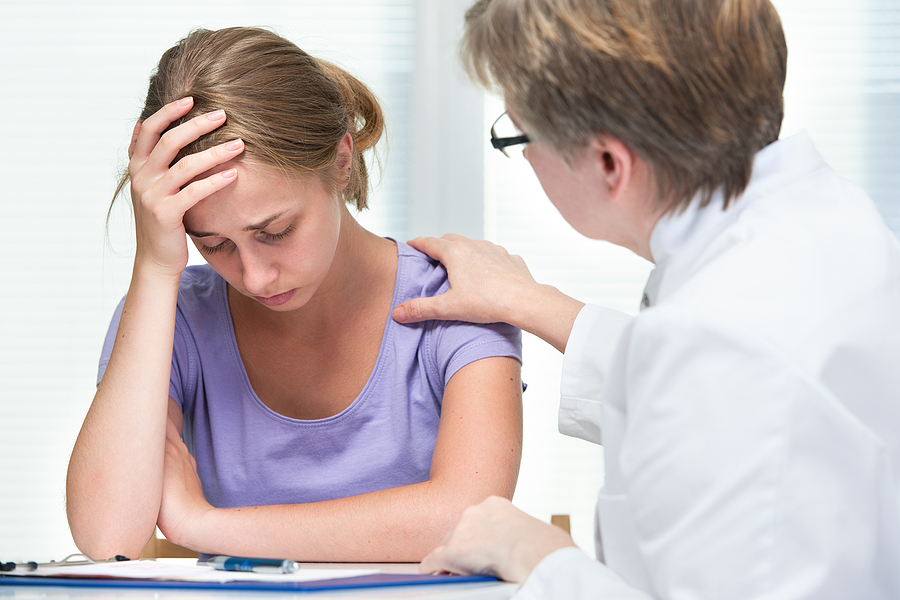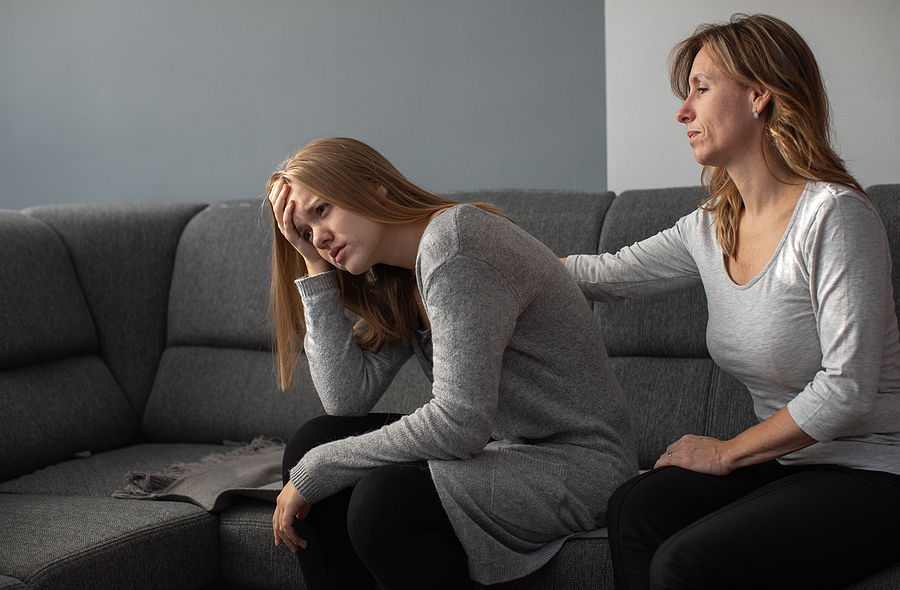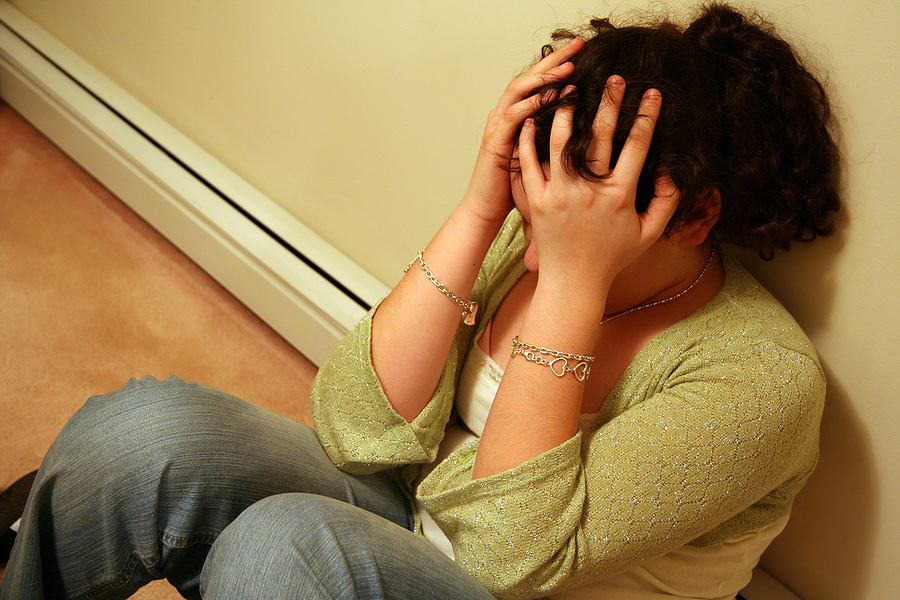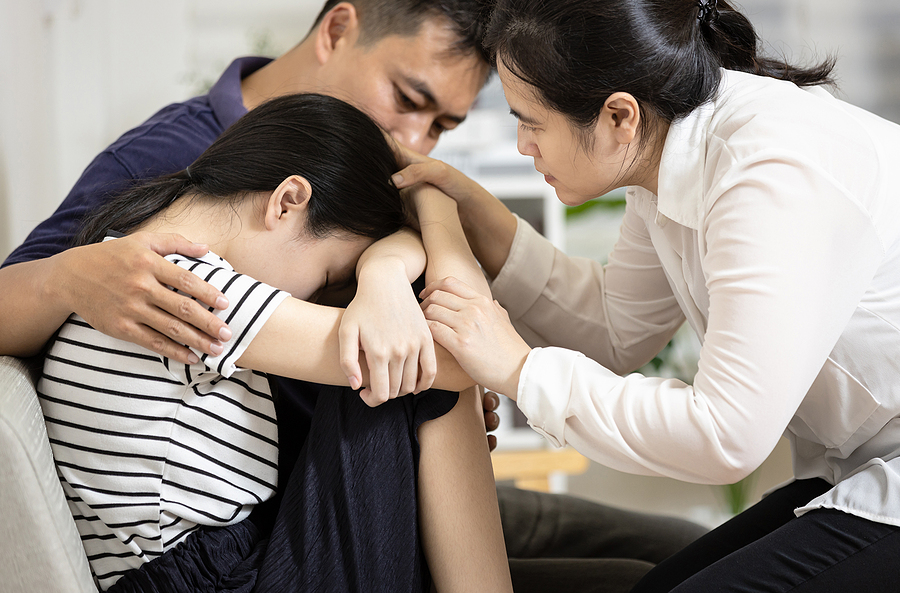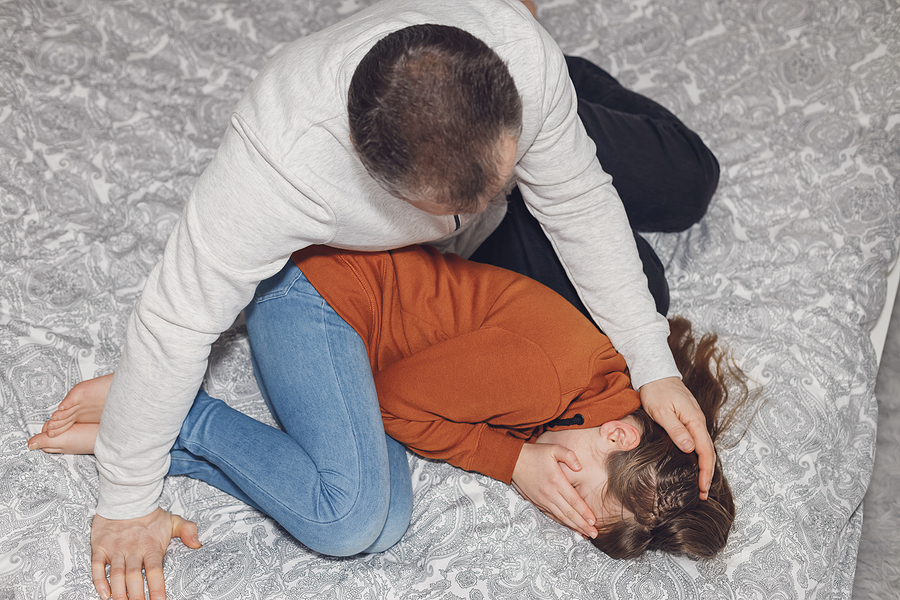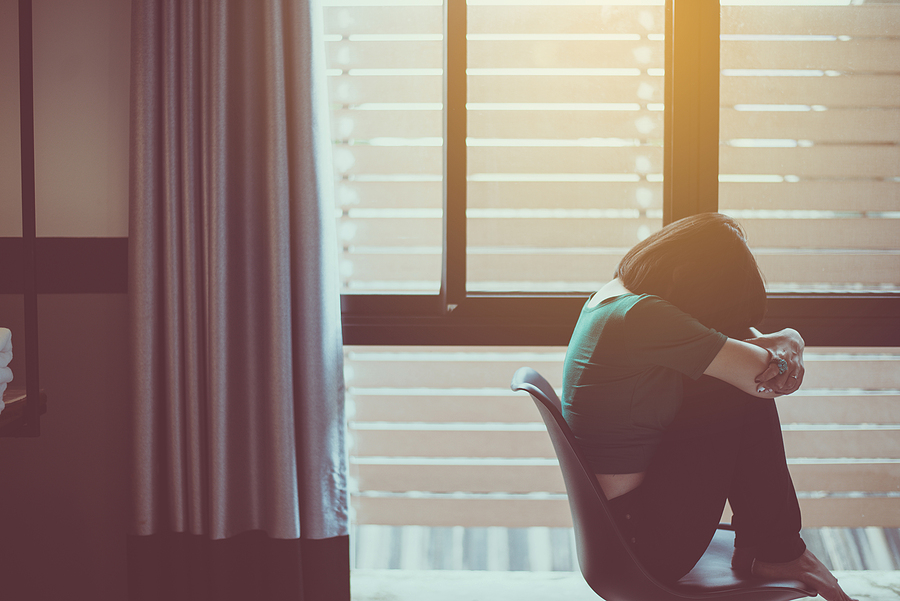Youth mental health affects every part of a young person’s life. Families often look for care that helps their child manage emotional distress and behavioral struggles in a safe, supportive environment. Our treatment programs for youth address a broad range of mental health concerns through structured care, therapy, and education. We aim to give families a clear picture of what youth mental health treatment includes so you know what to expect when your child enters care.
Types of Youth Mental Health Treatment Programs
Families face several choices when selecting the right level of treatment. Each option serves a specific need based on the severity of your child’s condition.
- Inpatient treatment offers full-time supervision within a hospital setting. This option suits youth who require immediate stabilization or close medical attention. The program includes therapy, medication oversight, and crisis management under constant supervision.
- Outpatient treatment fits those who can manage life at home or school while still attending therapy. This format offers flexibility without losing professional oversight.
- Partial hospitalization programs (also called day treatment) give teens full-day therapeutic support but allow them to return home each evening.
- Intensive outpatient programs meet several times per week and provide consistent therapy without disrupting school or family routines.
Each level of care serves a different purpose, but all share one goal: helping your child gain stability, confidence, and tools for long-term wellness.
Core Elements of Teen Mental Health Care Plans
Therapy remains a core element of treatment. Counselors use proven techniques such as Cognitive Behavioral Therapy (CBT) to help teens confront harmful thought patterns and replace them with healthier responses. Sessions focus on problem-solving and emotional regulation in real-life situations.
Each teen also benefits from a structured, compassionate environment. Stability in routine and setting promotes focus and trust. We emphasize emotional safety so youth feel ready to express themselves honestly. The program combines professional care, family participation, and peer interaction to build emotional resilience and encourage meaningful change.
Common Therapies Used in Teen Treatment
Youth treatment programs rely on several forms of therapy to meet varied emotional and psychological needs.
- Cognitive Behavioral Therapy (CBT) helps teens challenge negative thinking patterns and develop practical coping tools.
- Dialectical Behavior Therapy (DBT) teaches emotional control and distress tolerance. It equips teens to handle strong emotions without resorting to self-destructive actions.
- Family therapy brings parents and teens together to strengthen communication and reduce household conflict. Parents gain strategies to support their child’s progress at home.
- Trauma-focused therapy addresses emotional wounds caused by abuse, neglect, or major life stressors. Teens learn to process painful experiences in a safe and guided setting.
Therapists select a combination of these approaches to match each teen’s background and goals. Every session builds toward measurable progress, giving youth practical tools to maintain emotional balance and self-awareness.
Family Involvement in Adolescent Recovery
Family participation remains central to a teen’s success in treatment. We encourage parents and caregivers to play an active role from the start.
Therapists include parents in treatment planning and review sessions. This collaboration ensures that support continues at home after each session. Family therapy also addresses unresolved tension and builds healthier patterns of communication.
Educational and Life Skills Support in Treatment
A strong treatment plan goes beyond therapy alone. Teens in treatment often continue their academic work while addressing mental health needs. We coordinate with schools to maintain academic progress and provide tutoring or classroom instruction on-site when necessary.
Programs also teach skills that prepare teens for adulthood. Life skills sessions include communication practice, stress management, personal organization, and decision-making. Teens learn how to solve everyday problems and take responsibility for their routines.
Some programs include vocational training to prepare teens for future job opportunities. The goal is not only recovery but readiness for the next phase of life. Academic continuity and personal growth ensure that your child returns home with confidence and practical tools for independence.
Holistic Approaches for Teen Mental Wellness
A growing number of programs combine traditional therapy with holistic practices that support the connection between mind and body.
These methods may include yoga, breathing exercises, and mindfulness to calm stress and improve focus. Nutritional guidance and regular physical activity reinforce emotional stability and overall health.
Creative therapies such as music, art, or writing give teens ways to express emotions they may not yet describe in words. These methods help teens process thoughts and experiences while discovering new outlets for self-reflection.
Learn More About Behavioral Health Services for Teens
If your family needs guidance, contact us to learn more about our behavioral health services for teens. Early care often changes the course of recovery, giving your teen a better path forward. Contact Alis Behavioral Health by calling (888) 528-3860 or using our online contact form.


